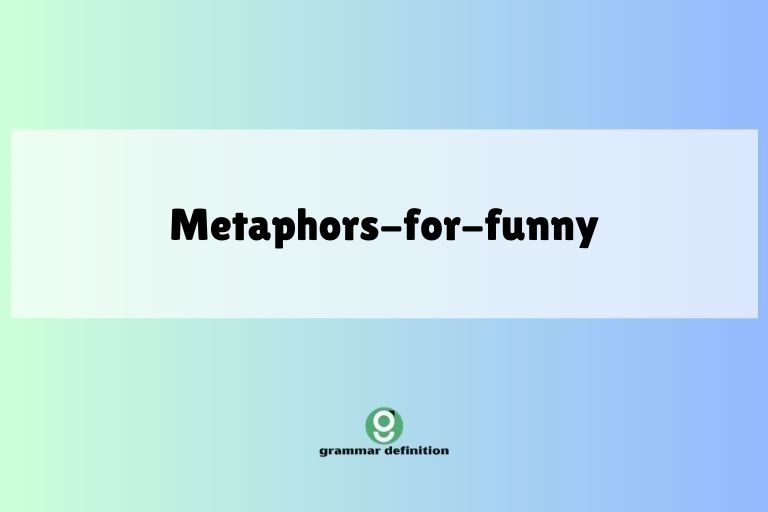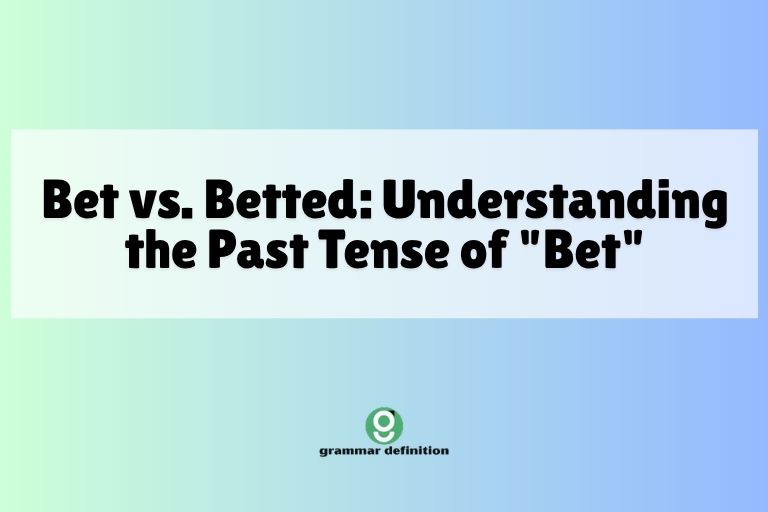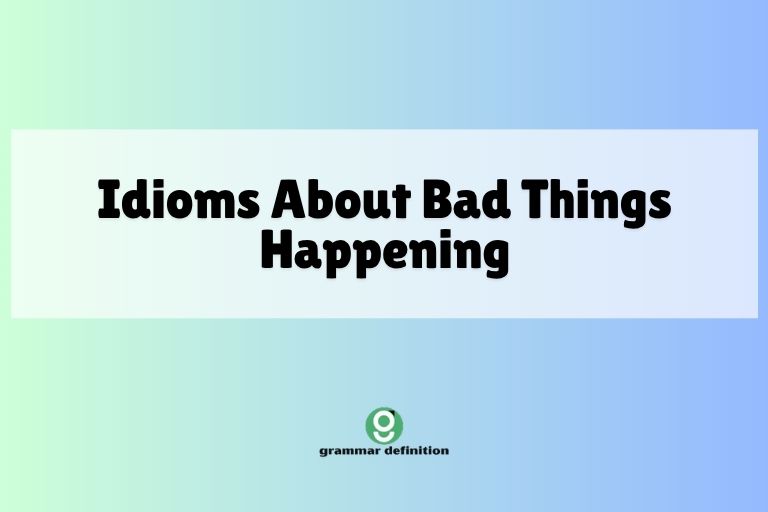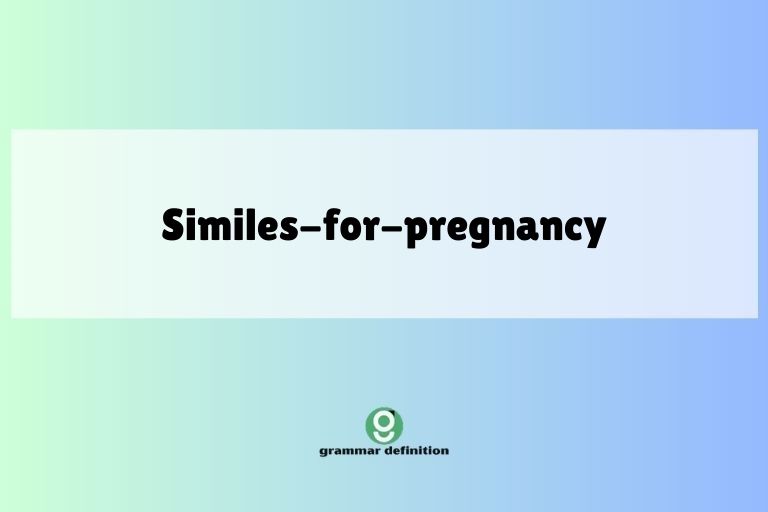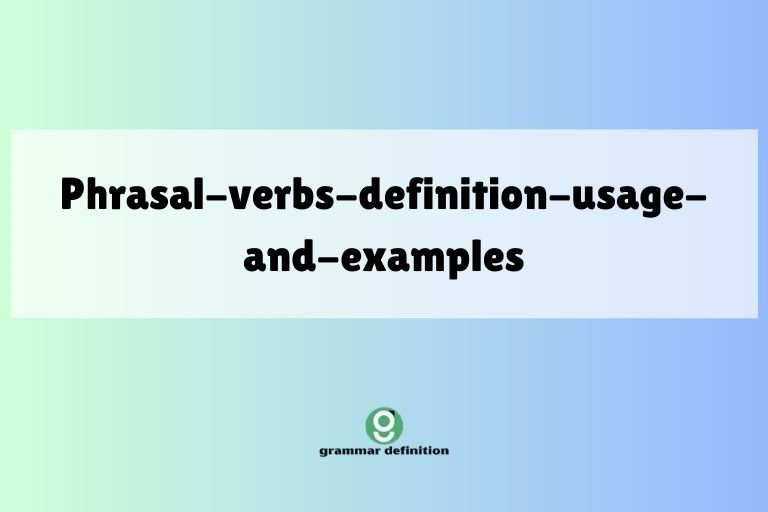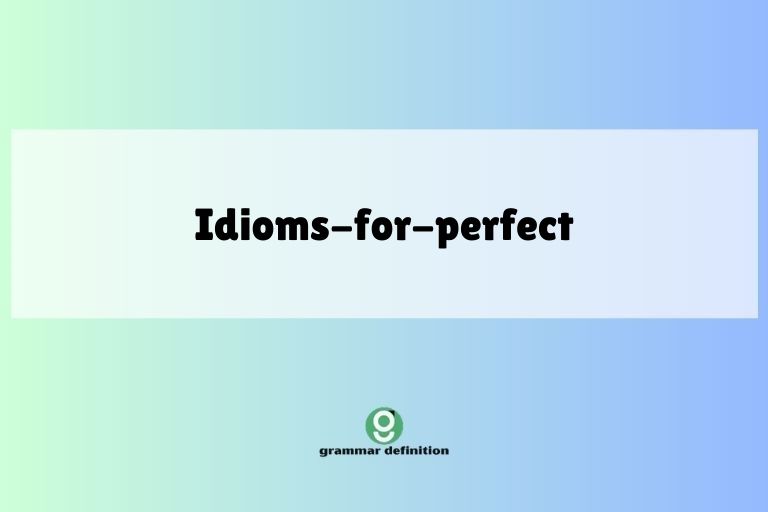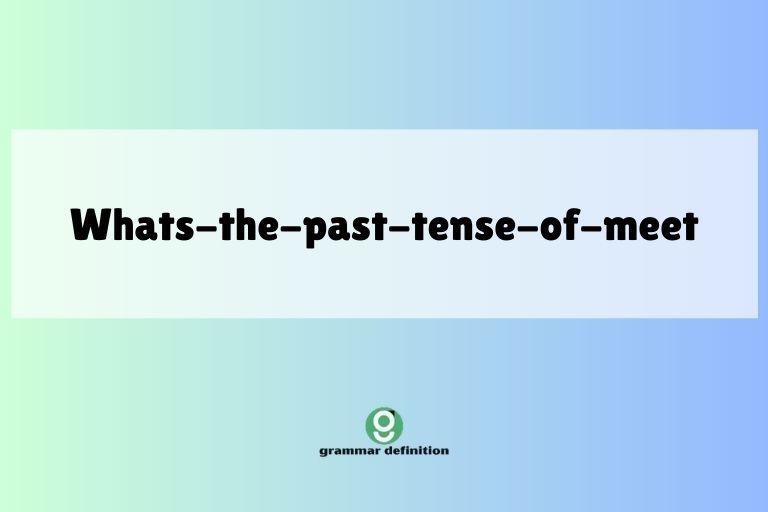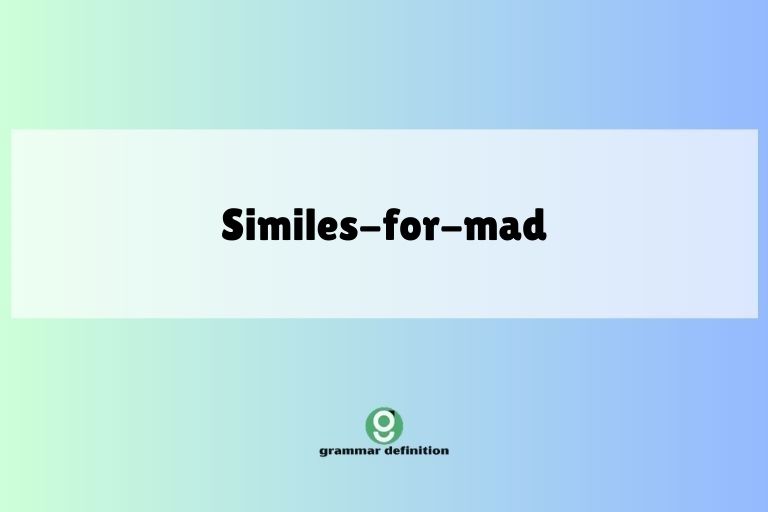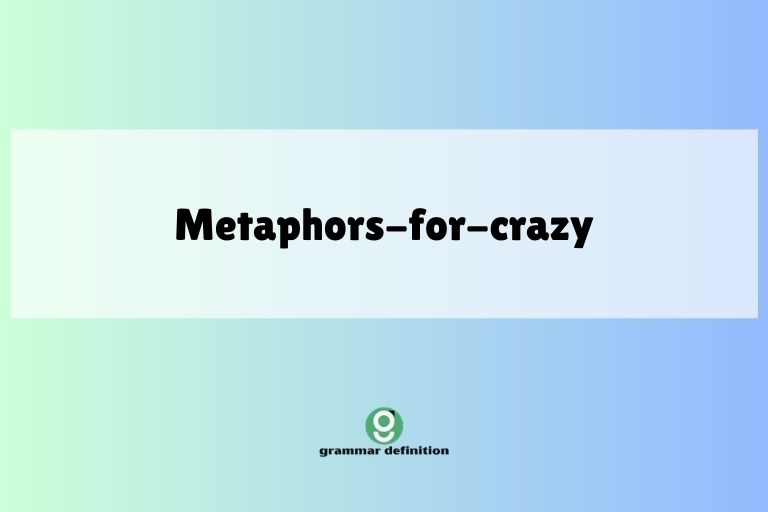Metaphors for Funny: A Comprehensive Guide
Humor is a universal language, but describing it can be surprisingly complex. We often rely on metaphors to convey the nuances of what we find funny, adding depth and color to our expressions. Understanding these metaphors enhances our ability to communicate effectively about humor, appreciate comedic styles, and even craft our own jokes. This article … Read more

